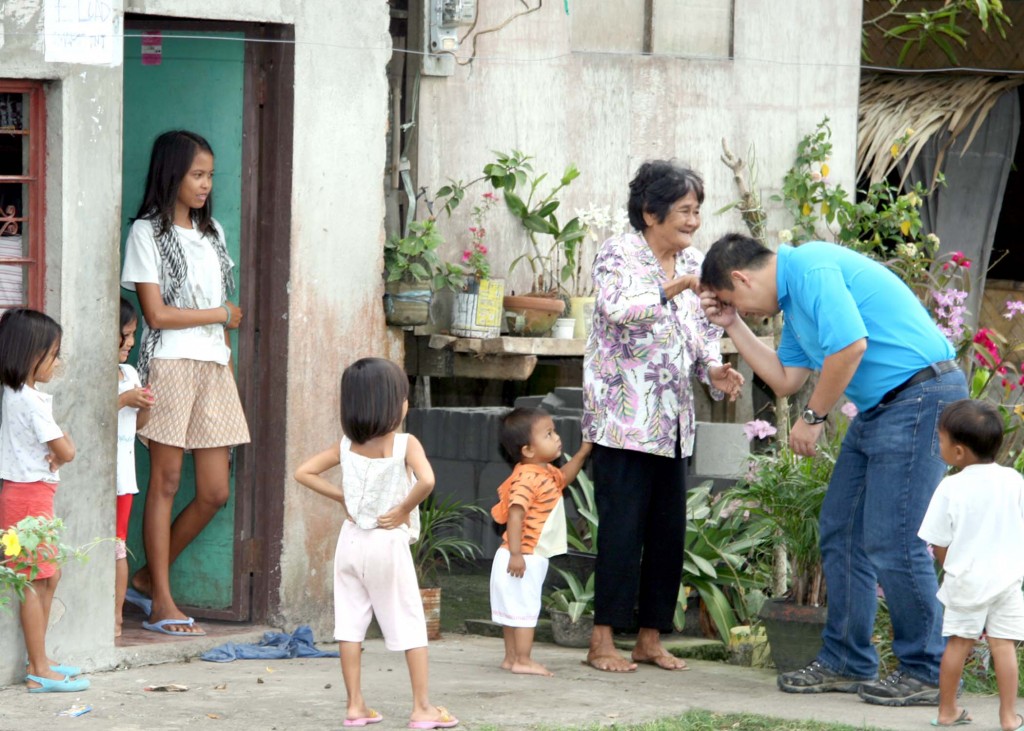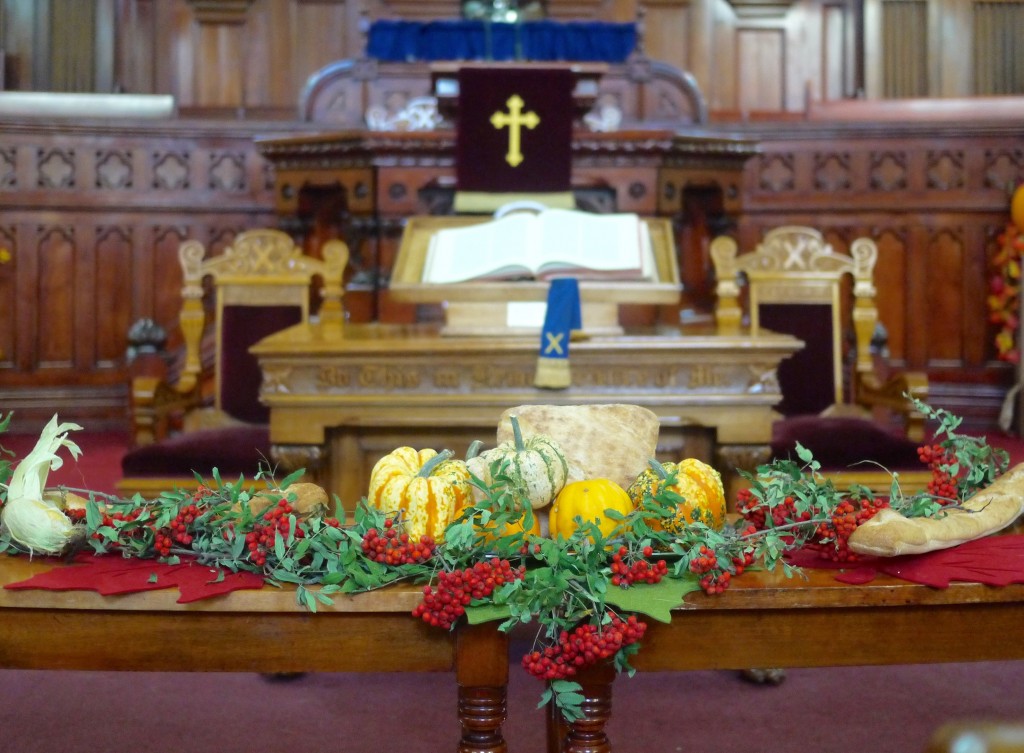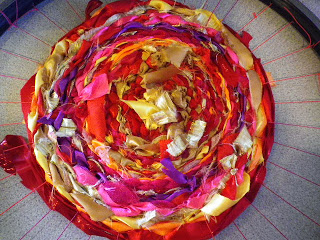These weeks of autumn, we continue to hear God’s ‘ten words’ (as they are referred to in the original Hebrew), and we hear ‘honour your father and your mother’.
As I considered this ‘word’ through the week, I found this image particularly moving. For many years when I heard ‘honour your father and your mother’, I thought young children were being addressed, and the exhortation was of obedience. But now I realize that when God spoke these words at Sinai, they were addressed equally if not primarily to adults, and the exhortation was not so much obedience as respect. I find the image above moving, for it shows an adult child seeking and receiving the blessing of an aged parent.
God knows, our parents are not perfect. But this ‘word’ about our relationship with parents is the first that follows the ‘words’ about our relationship with God. So somehow, honouring our parents flows from our honouring God, and the way we honour our parents is a mark of the honour we give God. Might respecting our parents as they age and deal with infirmity and become dependent upon us be a way of acknowledging and accepting God’s care for us in our frailty and brokenness as human beings?
The original Hebrew words for father and mother are expansive, able to include all our ancestors, all seniors. Might honouring our aged parents be the foundation of a society that respects the elderly and all who are vulnerable? As our nation goes to the polls tomorrow, might this ‘word’ be asking us significant questions about the investments we are willing to make in affordable housing, public transport and health care!
Much to ponder. Much to celebrate.
Have a look over the order of service, and if you are in the area, join us!








